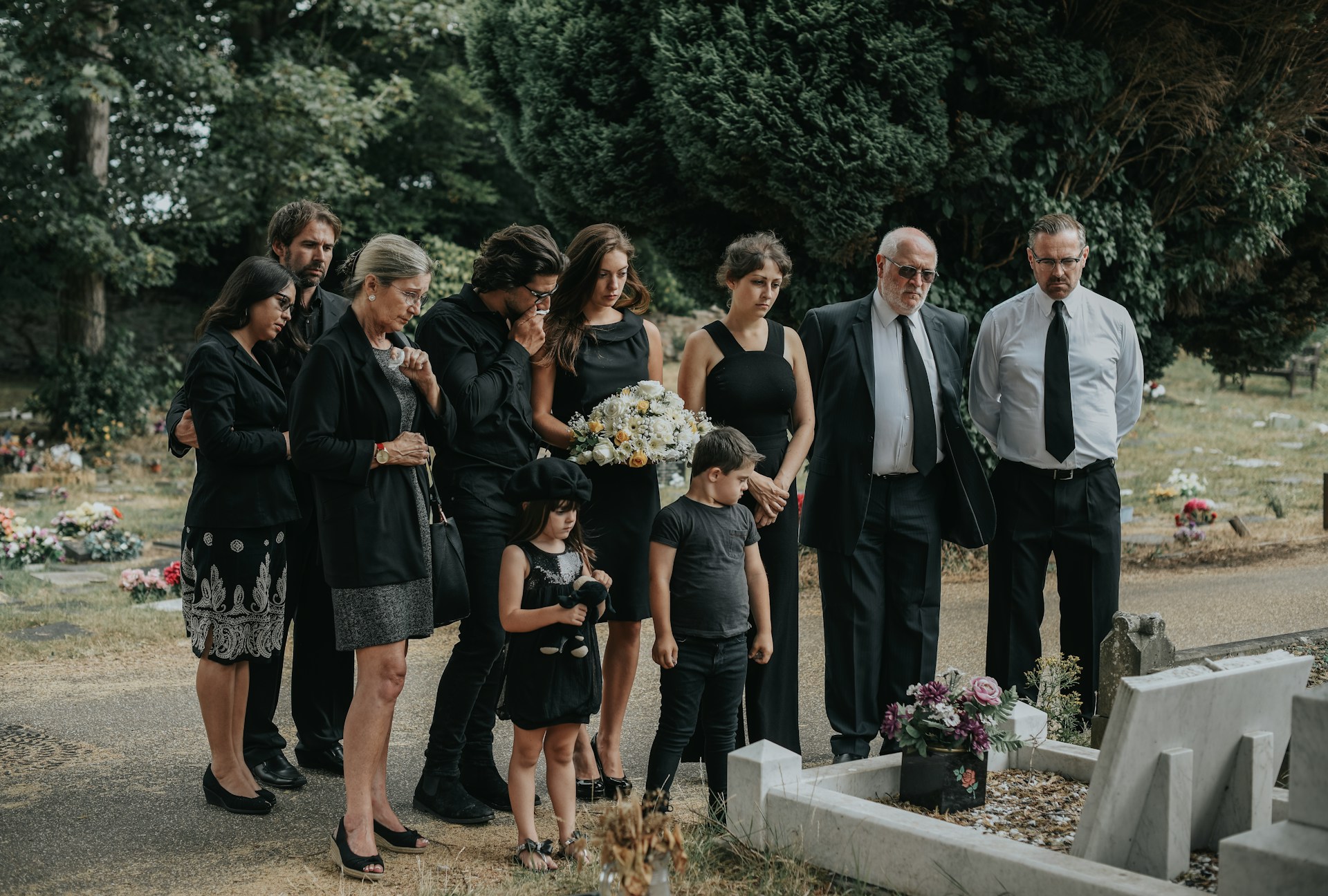Cancer, a word that often brings a wave of fear and anxiety, becomes even more daunting when paired with the term “misdiagnosis.” Unfortunately, cancer misdiagnosis is not uncommon, and the consequences can be both physically and emotionally overwhelming. When a healthcare provider fails to accurately diagnose cancer, it can lead to delayed treatment, incorrect therapies, and even a worsening of the patient’s condition. Understanding the timeline of a cancer misdiagnosis lawsuit is crucial for anyone facing this distressing situation.
In Tampa, Florida, the legal landscape provides avenues for victims to seek justice and compensation when medical negligence occurs. Legal action plays an important role in holding healthcare professionals accountable and ensuring victims receive the help they need. It’s about defending the rights of patients who faced unnecessary harm and solving the issues that arose from missing or incorrect medical diagnoses. While this journey can be intimidating, awareness and legal guidance can ease the process.
Recognizing the Signs of Misdiagnosis
Spotting a misdiagnosis involves knowing what signs to watch for and acting quickly. Common symptoms of misdiagnosis might include persistent pain, unexplained fatigue, or symptoms that don’t align with the current diagnosis. If you’re undergoing treatment but yet the health issue doesn’t seem to improve, this might be a signal to dig deeper into the problem.
Here are some steps to consider if you suspect a misdiagnosis:
– Keep detailed records of your symptoms and medical visits.
– Get a second opinion from another medical expert.
– Ask questions about your diagnosis and treatment plan to ensure clarity.
Taking these steps is crucial for your health and sets the foundation for any potential legal action, should it be necessary. By seeking a second opinion, you can confirm your diagnosis or uncover errors that might have occurred. A proactive approach can make a significant difference in your overall well-being and future treatment options.
Initial Consultation with a Medical Practice Attorney
When it’s time to take legal steps, your first meeting with a medical practice attorney becomes pivotal. During this consultation, expect the attorney to ask detailed questions about your medical history, the symptoms you’ve experienced, and the treatments you’ve received. This helps them assess the potential for a successful case.
To make the most of this meeting:
– Prepare a list of questions you want to address.
– Bring all relevant medical records and any documentation related to your case.
– Be open and honest about your experiences and concerns.
Understanding your legal rights during this meeting is reassuring and guides the next steps. A good attorney will explain the legal process, clarify what you can expect, and outline your options moving forward. With legal support, you can more effectively address a cancer misdiagnosis.
Investigation and Evidence Gathering
Moving forward with a cancer misdiagnosis lawsuit requires thorough investigation and evidence collection. This step focuses on solidifying your case with accurate and comprehensive documentation. Begin by gathering all medical records, lab results, doctor’s notes, and any correspondence with healthcare providers. These documents form the backbone of your case, providing a timeline and details of your medical journey.
In addition to your records, medical opinions from experts can play an influential role. An experienced attorney might work with medical professionals who can review your case and provide insights. These experts can testify about the standards of care expected in your situation and where those standards were not met. This can significantly strengthen your lawsuit.
Consider these steps during evidence gathering:
– Organize all medical records chronologically to show a clear timeline.
– Document any financial impact, such as lost wages or additional medical costs.
– Note personal impacts, like changes in physical or emotional well-being.
Legal Proceedings: From Filing to Settlement or Trial
Filing a lawsuit marks the official start of legal proceedings. Once filed, the case enters a pre-trial phase. This involves gathering more evidence, interviewing witnesses, and possibly undergoing mediation. Mediation is an opportunity to settle the case out of court, which might be a less stressful and faster resolution for both parties.
Negotiations might result in a settlement. This means reaching an agreement that compensates you for your losses without needing a trial. If a satisfactory settlement is not reached, the case may proceed to trial. Here, both sides present their evidence, and a judge or jury makes a decision.
While trials can sound daunting, a good attorney will prepare you thoroughly. You’ll understand what to expect and be coached on how to present your side effectively.
Moving Forward: Support and Compensation
After the legal process, focusing on recovery is key. Compensation can vary based on the specifics of the case. It might cover medical bills, lost income, and potentially other damages related to pain and suffering.
Emotional and psychological support is just as crucial. Many find it helpful to connect with support groups or counselors who specialize in dealing with the aftermath of misdiagnosis. These resources can provide both comfort and practical advice on moving forward.
A skilled attorney will assist not only with legal matters but also guide you toward resources that aid in emotional recovery. This support ensures you don’t face the future alone.
Finding Support in Tampa, Florida
Tampa offers various resources for legal and emotional assistance. Local expertise means familiarity with state laws and a network of professionals ready to help. Having a team that knows the area well can ease the journey and provide peace of mind.
A final piece of advice: seek out professionals who respect your situation and are committed to your well-being. Finding the right support makes a significant difference in both legal outcomes and personal recovery.
Keeping Hope and Seeking Justice
Facing a cancer misdiagnosis can feel overwhelming, but taking action helps reclaim control. Seeking justice not only addresses your situation but helps prevent future cases of negligence. Holding medical professionals accountable is crucial in ensuring patient safety.
Stay hopeful and determined. Remember, this process is about your health and future. By standing up and seeking justice, you’re contributing to a broader effort that benefits everyone. Through resilience and determination, you can navigate this challenge and emerge stronger on the other side.
If you’re dealing with the challenges of a cancer misdiagnosis, you don’t have to navigate this journey alone. Understanding how a cancer misdiagnosis lawsuit works can help you hold negligent medical providers accountable and pursue the financial recovery you need. Greco, Wozniak & Ruiz-Carus, P.A. is committed to guiding you through each step and helping you find justice and support in Tampa, Florida. Reach out today to take that important first step forward.






